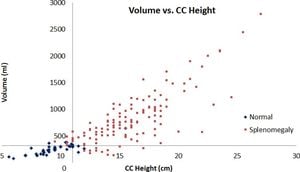Poland and Slovakia have recently taken significant steps to bolster their defense cooperation through the signing of a formal letter of intent. This agreement marks a new chapter in military collaboration between the two nations, reflecting shared concerns amid rising regional security threats.
During their meeting on Monday, the defense ministers of both countries outlined four primary areas of enhanced cooperation. A key focus is to increase the production capacity for ammunition, particularly for 155 mm caliber rounds, which are widely used among NATO allies.
Beyond ammunition, Poland plans to sell its Piorun anti-aircraft missile systems to Slovakia. This move not only serves to bolster Slovakia’s air defense capabilities but also strengthens Poland’s position as a reliable arms supplier within the region.
Another significant aspect of the agreement involves the collaboration on the joint production of armored personnel carriers. These vehicles will be based on the Rosomak platform, incorporating Slovak turret systems, thereby enhancing operational synergy between their armed forces.
A noteworthy mention during discussions was Slovakia’s interest in the Polish-modified K2 tanks. This development could potentially drive advancements within Poland’s defense industry, as both nations aim to maximize military self-sufficiency.
According to reports, "Both sides discussed border security and territorial defense cooperation," which highlights the broader strategic framework of this cooperation. This initiative aims not only to strengthen military capabilities but also to integrate border security measures more effectively as tensions continue to rise across Eastern Europe.
Slovakia's acknowledgment of Poland’s leadership role is significant. One Slovak official noted, "Slovakia acknowledged Poland’s leadership in defense, emphasizing the importance of self-sufficiency in military production." This recognition underlines the growing interdependence between the two countries as they navigate complex security challenges.
Overall, the signing of this letter of intent symbolizes both nations’ commitment to enhancing their military collaboration. Amid the ever-evolving geopolitical climate, initiatives like these are pivotal for establishing strong defense postures and protecting national interests.



